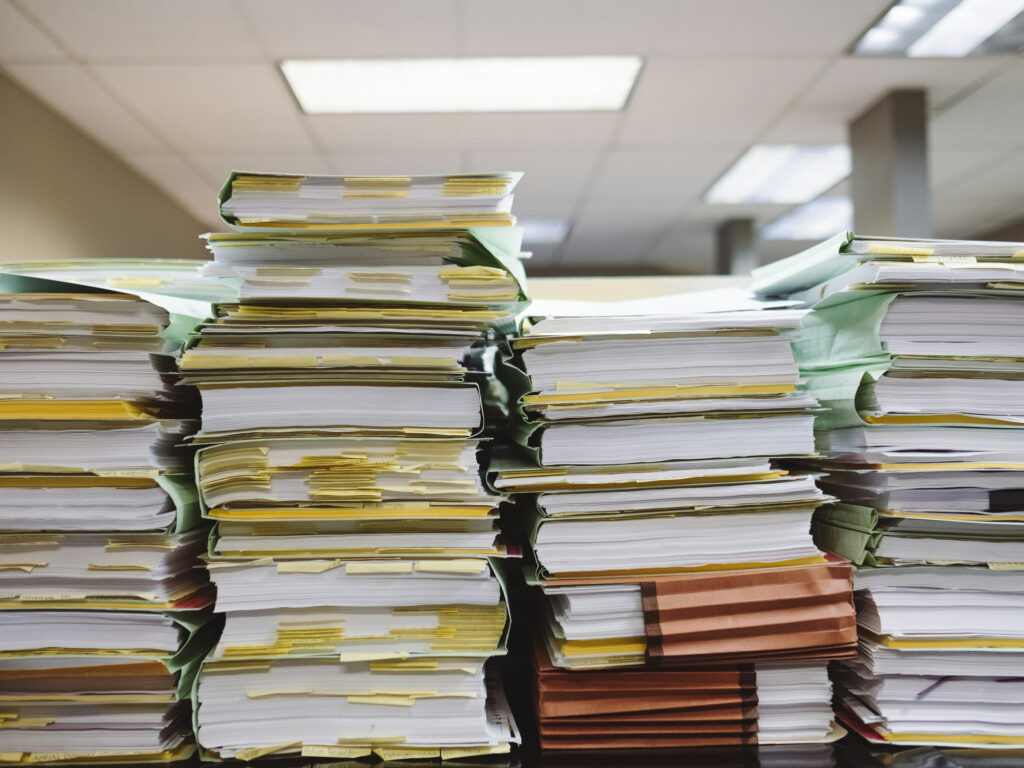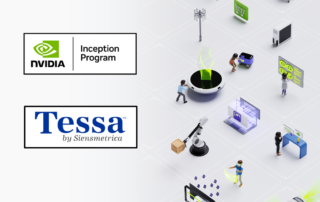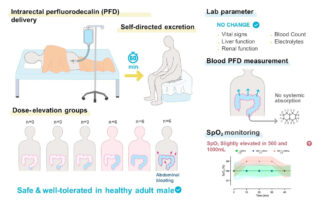Can we trust the science we read?

Can we trust the science we read if it’s AI generated?
A recent article from Retraction Watch highlights a growing concern: artificial intelligence, while powerful, sometimes creates fake references and misleading content in academic books and research papers.
One Ph.D. student, Michał Wójcik, developed software that found dozens of citations in new books that simply didn’t exist. Sometimes, authors listed in those citations had never written the referenced papers. Other times, translation software turned foreign-language sources into English, but with broken links and unverifiable facts.
Why does this matter to healthcare professionals, clinicians, and anyone who depends on reliable research? Because in medicine, decisions are only as good as the evidence behind them. If AI introduces errors — fake studies, “hallucinated” citations, missing details, etc. — patient safety and scientific progress is put at risk.
At Siensmetrica, we believe transparency is essential. That’s why our Tessa platform has an “Authentic Score”, a unique rating that shows the level of human versus AI involvement in biomedical research. The score ranges from 0 (entirely AI-generated) to 100 (purely human-written). But we don’t just stop with detecting AI. Tessa brings together five key metrics:
- Methods & Quality: How strong and reliable is the science?
- Publication: Is the journal respected in the field?
- Authors: What is the academic reputation of the researchers?
- Media: How is the research covered in news and online conversations?
- Authentic Score: How much was the research shaped by AI?
Together, these scores give a single, easy-to-understand trust ranking from 0 to 100. Researchers, medical professionals, and readers can see which studies deserve their confidence with just a glance.
(If you’re curious, most solid research falls between 65 and 80, demonstrating thoughtful science but also showing the need for further evaluation.)
As technology evolves, so do the challenges. AI can help spot errors, but, as we know, it can also create them. At Siensmetrica, we’re committed to making sure new tools enhance, not undermine, the clarity and credibility of medical science. With Tessa, everyone gets the facts they need to make smarter, safer choices for patients and society.






